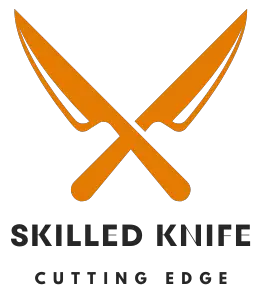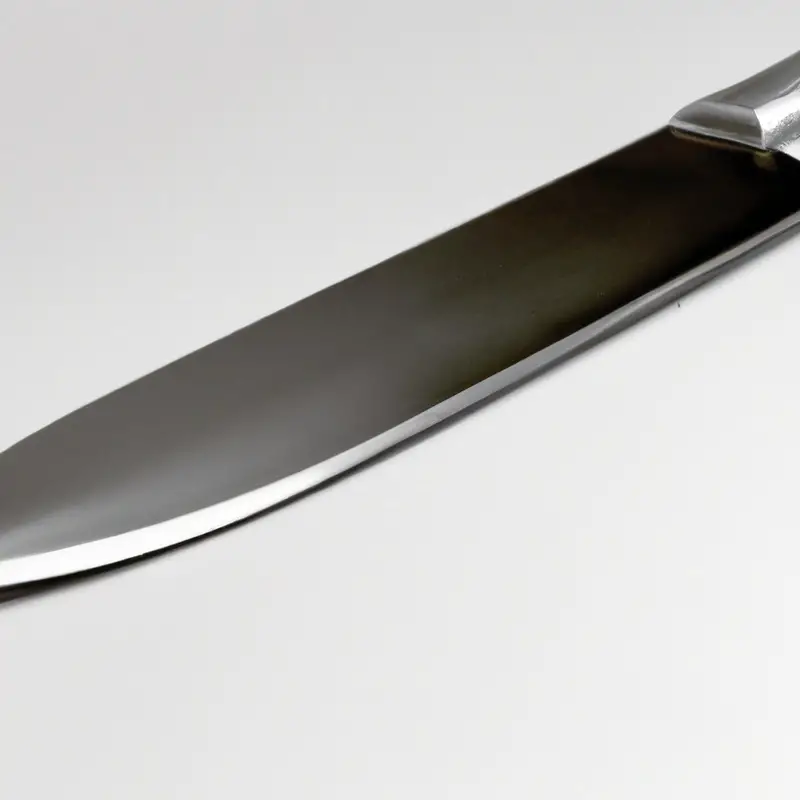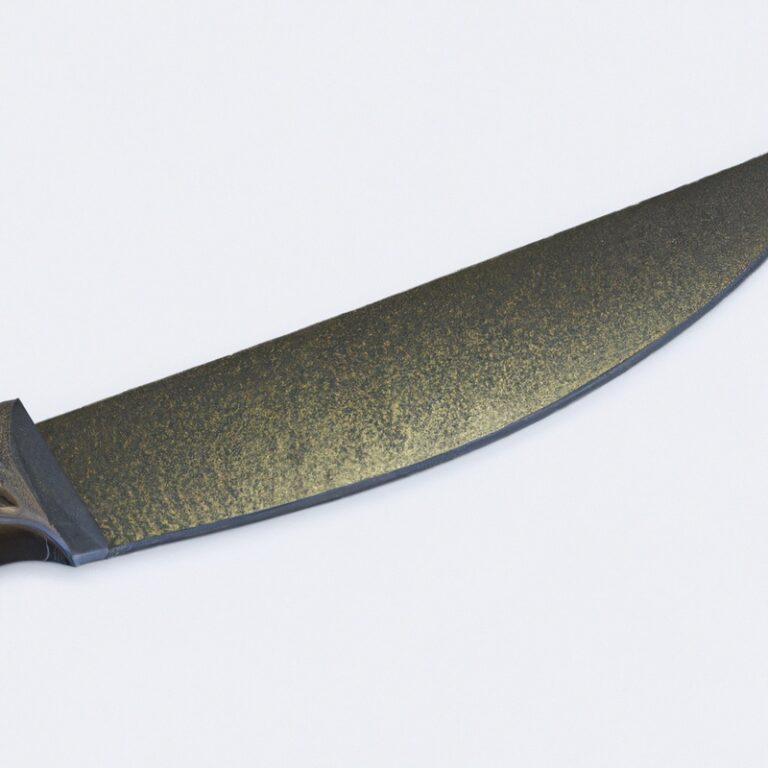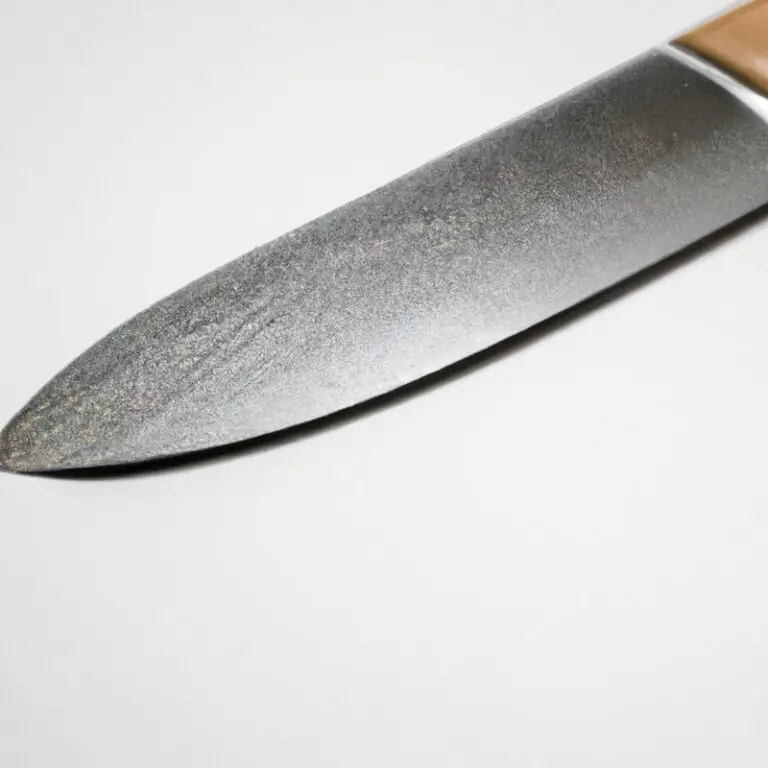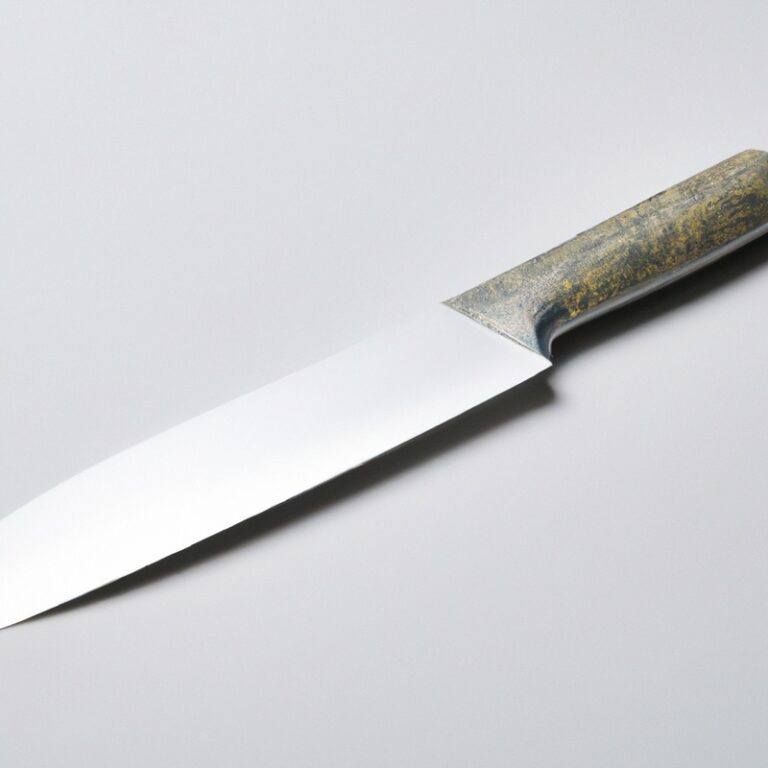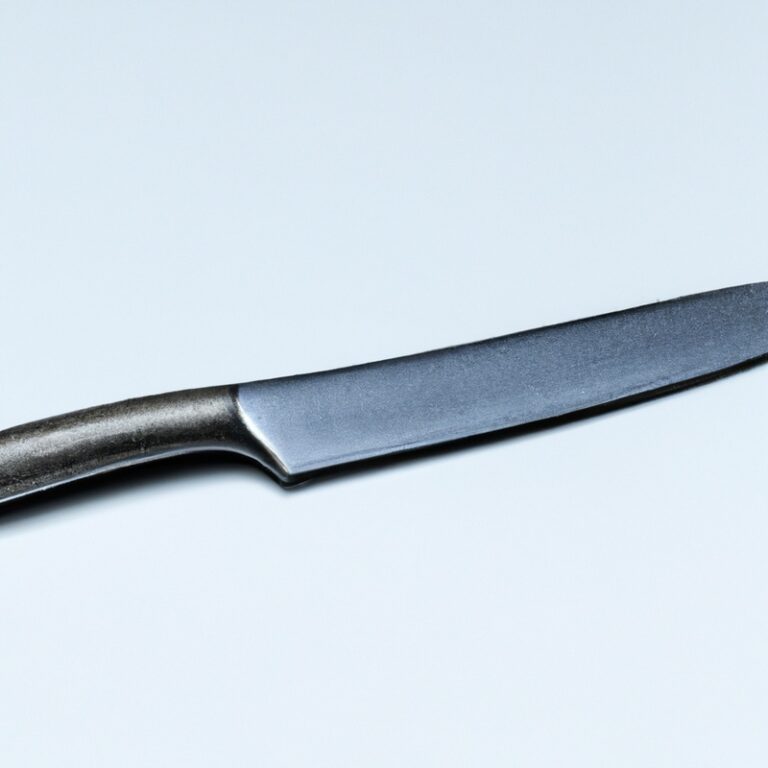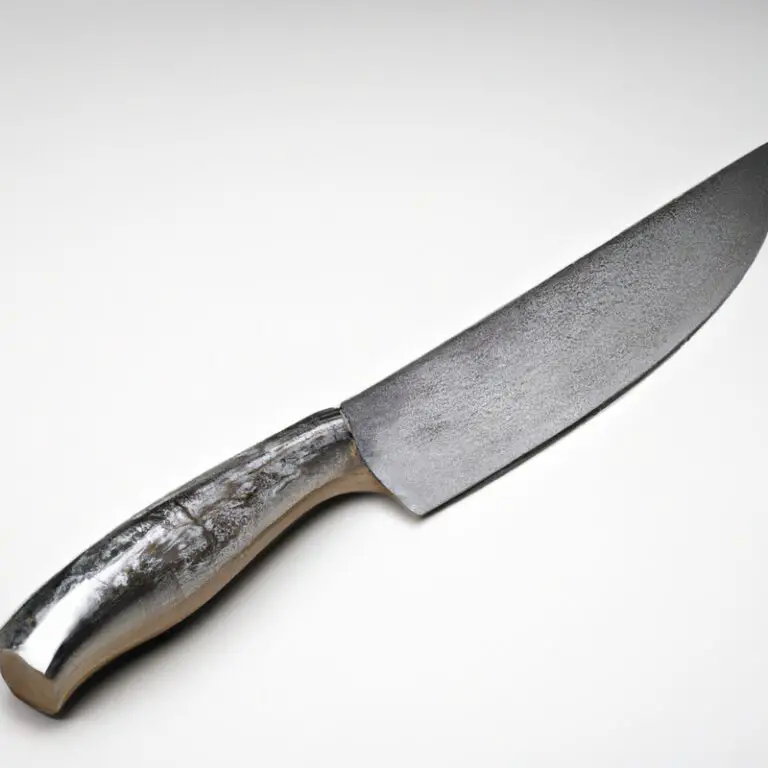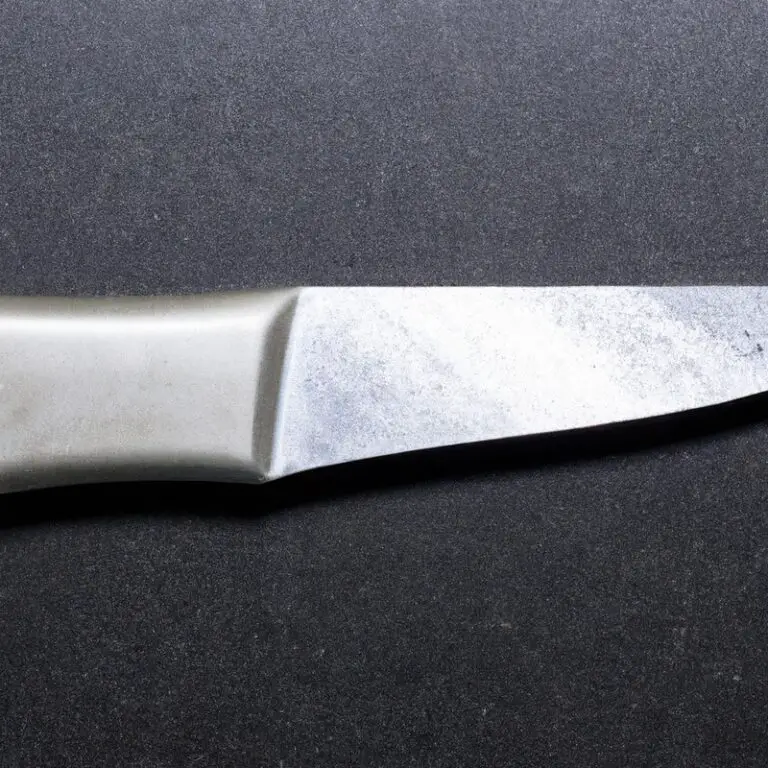How To Protect Gyuto Knives From Moisture And Dust With a Knife Block? Safely!
Key Takeaways:
- Storing your Gyuto knives in a knife block can protect them from damaging moisture and dust buildup.
- A knife block with slots specifically designed for Gyuto knives will ensure a snug fit and prevent any scratching or damage.
- Regular cleaning and drying of your knives before storage can also prevent rust and other forms of corrosion.
- Investing in a quality knife block can not only protect your knives but also keep them easily accessible and organized in your kitchen.
Do you own a Gyuto knife? If yes, then you know how crucial it is to take good care of it.
As a chef, your knife is the most essential tool that determines your cooking skills and accuracy.
However, improper storage can make your Gyuto knife susceptible to moisture, dust, and even rust. In this article, I will be discussing how you can protect your Gyuto knife from moisture and dust with a knife block.
We will dive into the advantages of using a knife block, different types available in the market, factors to consider when choosing the right one, and proper care and maintenance.
Let’s get started!
| Method | Description | Pros | Cons |
|---|---|---|---|
| Wooden knife block | A traditional option that utilizes horizontal slots to store knives. | – Protects knives from moisture and dust. – Allows easy access to knives without damaging the blade. – Naturally antimicrobial. – Can be aesthetically pleasing. |
– Requires frequent maintenance. – Can be bulky. |
| Magnetic knife block | A modern option that utilizes magnetic strips or panels to hold knives. | – Protects knives from moisture and dust. – Allows easy access to knives without damaging the blade. – Requires minimal maintenance. – Can be space-saving. |
– May not be suitable for all types of knives. – Magnets can damage certain knives. |
| Plastic knife block | A budget-friendly option that utilizes horizontal slots to store knives. | – Protects knives from moisture and dust. – Allows easy access to knives without damaging the blade. – Requires minimal maintenance. – Lightweight and easy to clean. |
– May not be aesthetically pleasing. – May not be as durable as wooden or magnetic blocks. |
Importance of protecting your Gyuto knife
Protecting your Gyuto knife is essential for its longevity and performance. Without proper care, your knife can rust, dull, and lose its edge over time.
This can lead to a decrease in cutting efficiency and an increase in the risk of injury while using it.
By investing in a knife block, you can protect your Gyuto knife from moisture and dust, as well as keep it easily accessible and organized. A knife block also prevents the blade from coming into contact with other sharp objects, reducing the risk of damage.
Proper care and storage of your Gyuto knife not only ensures its longevity but also maintains its sharpness and enhances its overall functionality.
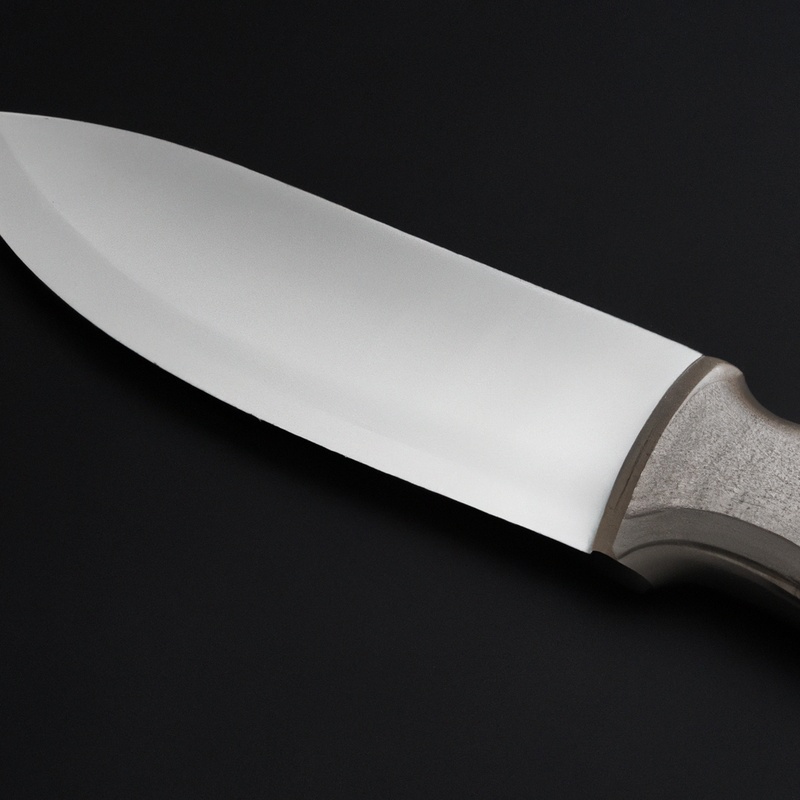
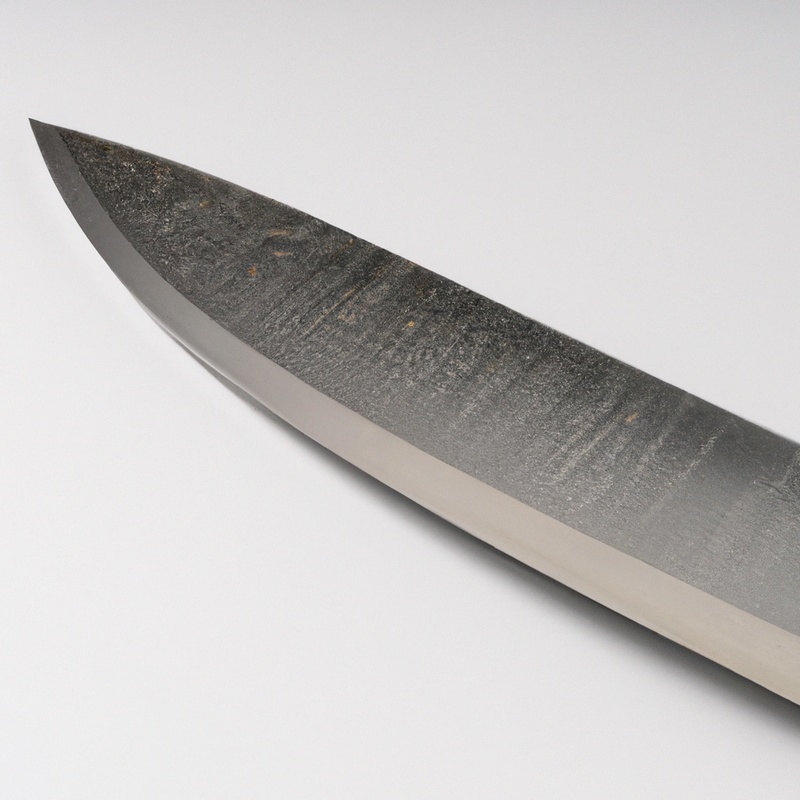
Understanding the difference between a knife block and other storage options
There are various options for storing kitchen knives, but knife blocks provide a unique advantage over other storage options. Unlike magnetic strips or drawers, knife blocks prevent blades from making contact with other utensils, reducing the risk of damage or dulling.
Additionally, knife blocks can prevent moisture buildup on the blades, which is particularly important for high-quality knives like the Gyuto.
While knife blocks take up counter space, they often come in stylish designs that can be showcased in any kitchen. Overall, investing in a quality knife block is a practical and stylish way to store and protect your Gyuto knife.
Advantages of using a knife block for Gyuto knives
Knife blocks offer numerous advantages for protecting your Gyuto knives. Here are a few reasons why you should consider using a knife block:
- Protection from moisture and dust: A knife block helps to protect your knife from moisture and dust buildup, which can cause rust and damage to the blade.
- Organized storage: A knife block helps to keep your knives organized, easily accessible, and free from clutter.
- Safe storage: Using a knife block can help prevent injuries by keeping the sharp blades out of reach of children and pets.
- Longer lifespan for your knives: Properly stored knives last longer and maintain their sharpness, which translates to greater precision and efficiency in the kitchen.
Overall, investing in a quality knife block is a wise decision to ensure the protection, organization, and longevity of your Gyuto knives.
Different types of knife blocks available in the market
Knife blocks come in various types, designs, and materials. Here are some of the most common types of knife blocks available in the market:
- Wooden blocks – These are the most traditional types of knife blocks available. They are usually made of hardwood and come in a variety of shapes and sizes.
- Magnetic knife blocks – These have become increasingly popular in recent years. They have magnetic strips that securely hold the knives in place, making them easily accessible.
- In-drawer knife blocks – These are designed to fit inside a drawer and keep your knives organized and easily accessible. They are a good option for those with limited counter space.
- Universal knife blocks – These blocks come with a variety of slots that can accommodate different types of knives, including serrated knives, paring knives, and chef’s knives.
- Bamboo knife blocks – These are eco-friendly options that are both durable and aesthetically pleasing.
When choosing a knife block, consider the size and shape of your knives, as well as the design and material of the block. The goal is to find a block that can securely hold your knives and protect them from moisture and dust.
Factors to consider when choosing the right knife block for your Gyuto knife
When choosing the right knife block for your Gyuto knife, there are a few factors to consider to ensure maximum protection and longevity for your blade:
- Material – Select a knife block made of a material that is gentle on your knife and has a low moisture retention rate.
- Size – Choose a knife block that accommodates the length of your knife, but also provides enough space between the slots to avoid rubbing against other knives.
- Slots – Ensure that the slots are angled and have a snug fit to keep your knife securely in place.
- Aesthetics – Consider the design of the knife block and how it will complement your kitchen decor.
- Price – Knife blocks can range in price, so determine what works within your budget while still meeting your functional and aesthetic preferences.
By considering these factors, you can choose the best knife block for your Gyuto knife, providing an economical and effective solution to protect your blade from moisture and dust while keeping it easily accessible for use.
Proper care and maintenance of your knife block
To keep your knife block in good condition and extend its lifespan, it is important to follow some basic care and maintenance steps. Firstly, ensure that the block is kept in a well-ventilated area and away from direct sunlight or heat sources, which can cause cracking or warping.
Regularly clean your knife block with a damp cloth, then dry thoroughly with a clean towel.
Avoid using harsh chemicals or abrasive materials, as these may damage the wood. To prevent moisture buildup, allow your knives to dry completely before storing them in the block.
Additionally, you can use a silica gel packet or a piece of activated charcoal to absorb excess moisture.
Finally, refrain from overcrowding your knife block, as this can cause your knives to rub against each other and become dull. Proper care and maintenance of your knife block will not only protect your Gyuto knives but also ensure its longevity.
Simple steps to keep your knife block clean and dust-free
To keep your knife block clean and dust-free, follow these easy steps:
- Empty the block: Before cleaning, take out all of the knives and wash them separately. Wipe them dry and keep them aside.
- Dust the block: Use a soft-bristled brush or a cloth to remove any dust from the block’s slots.
Remember to remove even the smallest of dust particles, as these can dull your knives during storage.
3. Clean the block: Dip a cloth or sponge into a mild soap solution and wring it out. Then, wipe the block clean, making sure to reach in the crevices and slots.
Use dish soap or a vinegar-water mix to remove any stains or spots.
4. Dry the block: After cleaning, let the block dry completely.
A soggy and moist block can cause bacteria and mold to build up, which can lead to knife damage.
5. Polish (optional): Using a microfiber cloth, apply a coat of mineral oil to the wood (if it’s a wood block).
This will add shine to the block and help to prevent cracks and splinters. By following these simple steps, you can ensure that your knife block remains clean, dust-free, and in good shape.
How to prevent moisture buildup in your knife block
Preventing moisture buildup in your knife block is essential to keep your Gyuto knife in good condition. Here are some tips to prevent moisture in your knife block:
- Clean and dry your knives before storing them in the block. Moisture can accumulate in the block if the knives are damp or wet.
- Keep your knife block in a dry place, away from sources of water and humidity. A cool and dry environment is ideal for storing your knife block.
- Use a dehumidifier or silica gel packets inside the knife block to absorb any excess moisture.
- Regularly clean and dry the knife block, especially the slots where the knives are stored. Use a clean and dry cloth to wipe the block.
- Avoid storing your knife block near the stove or dishwasher, which can create moisture and humidity.
By following these tips, you can prevent moisture buildup in your knife block and ensure that your Gyuto knife stays sharp and rust-free for years to come.
Best practices for storing and maintaining your Gyuto knife in a knife block
When it comes to storing and maintaining your Gyuto knife in a knife block, there are some best practices you should follow to ensure the longevity of your knife:
- Always make sure your knife is completely dry before storing it in the knife block. Any moisture left on the blade can lead to rust and corrosion.
- Keep your knife block in a cool, dry place away from heat and humidity. This will prevent moisture buildup and prolong the life of your knife.
- Regularly clean your knife block to prevent dust and debris buildup. Use a soft cloth to wipe down the block and remove any loose particles.
- When placing your knife in the block, make sure the blade is facing upwards. This will prevent the blade from dulling or chipping against other knives in the block.
- Avoid overcrowding the knife block. Leaving too many knives in the block can cause them to rub against each other and dull the blades.
By following these best practices, you can keep your Gyuto knife in top condition and extend its lifespan.
How to sharpen your Gyuto knife for optimal performance
To sharpen your Gyuto knife for optimal performance, you will need a sharpening stone and honing rod. Using the sharpening stone, start by soaking it in water for 10-15 minutes.
Place the stone on a non-slip surface and hold the knife at a 15-degree angle to the stone.
Applying light pressure, slide the knife across the stone in a back and forth motion, repeating on the other side, until a burr appears. Next, switch to the honing rod.
Hold the rod vertically and place the knife at a 20-degree angle against the base of the rod.
Starting from the base, slide the knife down the rod while maintaining the angle. Repeat on the other side.
Finally, use a leather strop or newspaper to remove any remaining burrs and polish the edge.
Your Gyuto knife should now be sharpened and ready for optimal performance. Remember to sharpen your knife regularly to maintain its sharpness.
Final Verdict
Investing in a knife block is a smart move to protect your valuable Gyuto knife from moisture and dust. By understanding the advantages of using a knife block, the different types available, and the factors to consider when choosing the right one, you can ensure optimal performance and longevity of your knife.
Remember to properly care for and maintain your knife block, keeping it clean and dust-free.
By following best practices for storing and maintaining your Gyuto knife in a knife block, you can trust that it will serve you well for years to come. Finally, don’t forget to sharpen your Gyuto knife regularly for the best possible results.
Trust us, your investment in a quality knife block will pay off in the long run.
